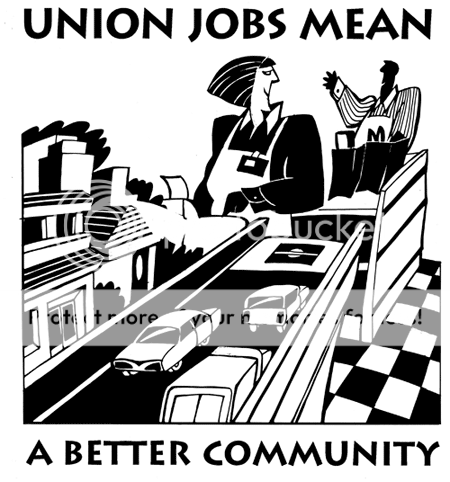The Social Worker and the Massacre: A Chicago Labor Story
Filed under: Society and Economy, Unions, US politics
May 30th 1937: Thirty-one year old Hull House social worker Guadalupe “Lupe” Marshall stood amidst the crowd in front of Sam’s Place on a warm afternoon. Approximately 1500 people were there to rally support for striking Chicago steel workers. Marshall was researching Mexican workers in the labor movement. Formerly a popular Southeast Side Chicago dance club, Sam’s Place had become a strike headquarters for the young CIO Steel Workers Organizing Committee (SWOC). Hull House was the Chicago settlement house founded by Jane Addams and Ellen Gates Starr.
A march to the gates of the Republic Steel plant was scheduled to begin shortly. Workers at Republic Steel, Youngstown Sheet and Tube, Inland Steel and Bethlehem at Johnstown had been on strike for a week. Their goal was union recognition and a decent life in the middle of the worst depression this country has ever known. The strike was known as the “Little Steel” strike because the larger steel companies like US Steel had already peacefully agreed to recognize the SWOC and sign union contracts.

The War Against Economic Recovery
Filed under: Uncategorized
 Phillip Wilson is a foot soldier in the war against our economy recovery. It’s not a one man war, Wilson has help from politicians like Wisconsin’s Scott Walker(Republican) and Chicago’s Rahm Emanuel(Democrat), from powerful corporate leaders like the Koch Brothers and the Pritzker family, plus organizations like the Chamber of Commerce and the National Association of Manufacturers.
Phillip Wilson is a foot soldier in the war against our economy recovery. It’s not a one man war, Wilson has help from politicians like Wisconsin’s Scott Walker(Republican) and Chicago’s Rahm Emanuel(Democrat), from powerful corporate leaders like the Koch Brothers and the Pritzker family, plus organizations like the Chamber of Commerce and the National Association of Manufacturers.
His weapons are not guns or remotely piloted drones, but his laptop, his books and his videos. He is also a seasoned warrior, one with many years of experience. He’s even testified in Congress. Phillip Wilson (photo on right) runs the Labor Relations Institute. Its innocuous sounding name conceals its actual purpose. It is a “union avoidance consulting firm”. Labor activists use the term “unionbuster”, usually with several NSFW epithets attached to it.
Breaking unions or smashing organizing campaigns pushes down wages and reduces pensions, making it more difficult for people to buy products and services. This lack of spending holds back an already weak economic recovery and threatens to unleash what financial writers like to call a double dip recession. Even certified OnePercenter Fed Chair Ben Bernanke says this:
“The fundamentals that support spending continue to be weak: real household income and wealth were flat in 2011, and access to credit remained restricted for many potential borrowers. The job market remains far from normal.” from the Financial Times 2-29-12
Strong healthy unions raise wages and preserve pensions so that people buy the goods and services crucial to a sustained economy recovery.


